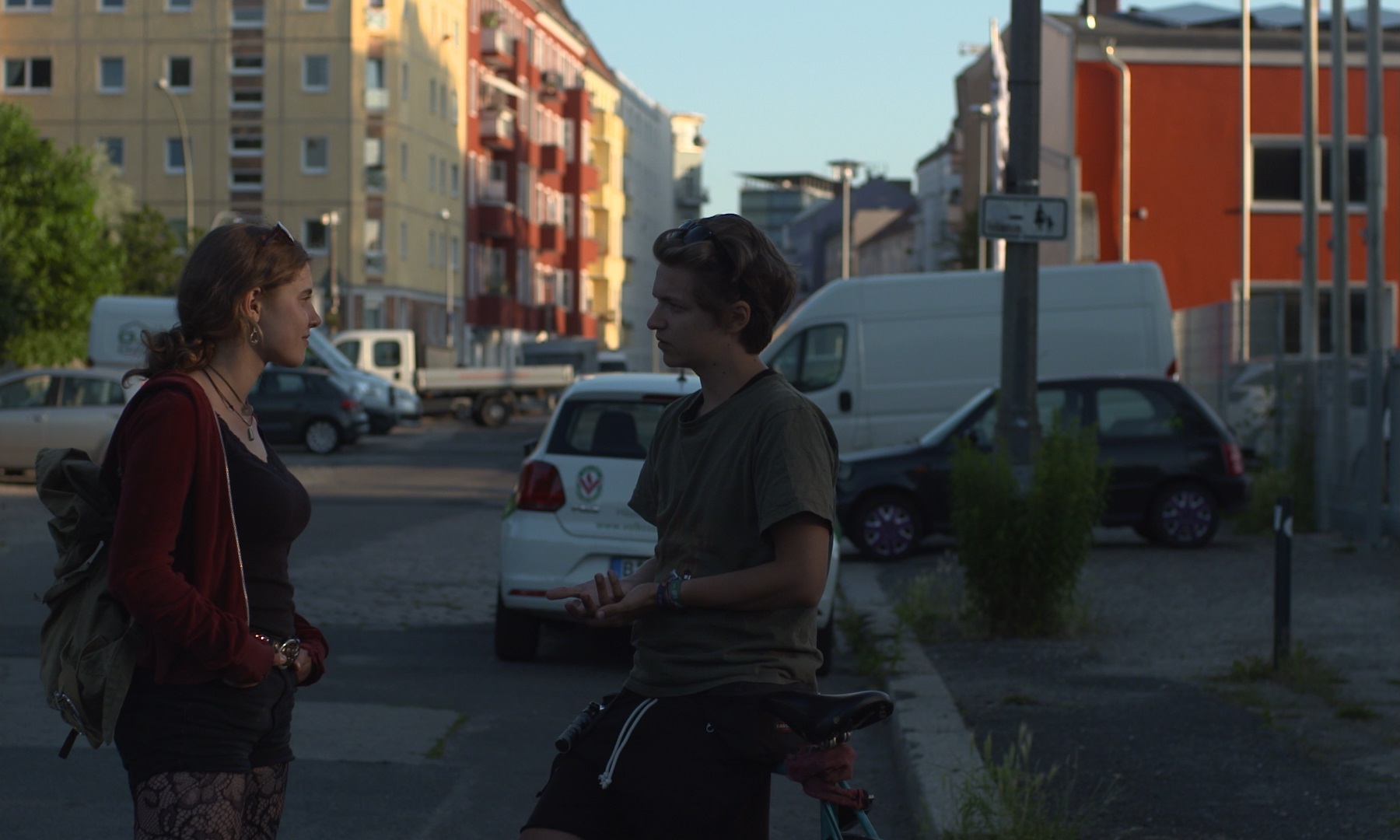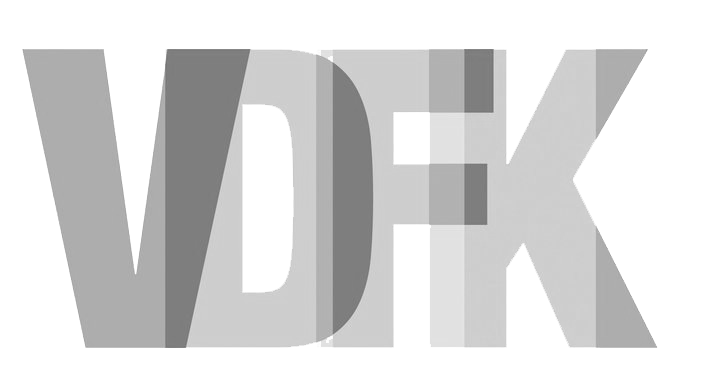Film Text: FREIZEIT or: the opposite of doing nothing
Film Text: FREIZEIT or: the opposite of doing nothing

FREIZEIT or: the opposite of doing nothing
By Dunja Bialas
In 1980, Ronald Schernikau sits in a voluminous ocher leather chair, heroically out of place as one of the guests of the Austrian television talk show Club 2. For once, nobody is smoking. “Mr. Schernikau,” he is addressed by a panel of manspreaders, “it is always said: the youth is the future of the country. But in your Kleinstadtnovelle [“Small-Town Novella”] it says: What’s important is that they teach you: there is no alternative to doing nothing. What does that mean?”
Schernikau’s answer: “There is no alternative to doing nothing. That comes from my experience on the student council during high school, that nothing budged anywhere. You were given niches and open spaces for panels and discussion events. And nothing that happened really ever interfered with the self-esteem of any representative (of the teachers or what was seen as ‘those at the top’), and I think that’s an experience that is repeated on a large scale.”
Cut. From small town to big city, from television to film. Time travel in between, welcome to the future. The year is 2018. The Berlin air is filled with upheaval and change, or stagnation, who knows. Cranes grow into the sky, expanding brutalism. Nothing is finished, the S-Bahn trains, painted red and yellow, run through the picture. Life in the interior: filled with symbols. A teenager attaches a clenched fist above the sofa, made in a stylized DIY copying process. Protest between vacation snapshots. Next to it a postcard: better to occupy houses than foreign countries.
Freizeit or: the opposite of doing nothing. Caroline Pitzen’s film is a kind of continuation and anti-thesis to Schernikau’s Kleinstadtnovelle. She establishes that the opposite of doing nothing is simply free time, in her case filled with protest and discussion. She once more traces Schernikau’s experience of colliding with the edges and corners of the world without even bending or denting them. The young people in the film at times seem dejected, at a loss, futile in their protest. But also focused and determined. They know it’s getting hostile out there, outside their bubble. The city is the crisis area that they roam, gentrification and the battle of the sexes prevail here, as does the resignation of the adults. The means of their struggle are: self-defense, self-assertion, and questioning the world.
The problematization of bodies, the failed life plans of the parents’ generation. The difficult gender relations. The young people want something other than the saturated and problematized life. And I, while watching the film, ask myself: Do I think like parents think?
The life of the youth in the film is clocked by participation in the student council, discussions about solidarity work, and the need to be taken seriously. More activism than actionism. Discussions about aspired values. The question of how to be self-confident. Whether one can cope with the system, and how to resist coercion, against the predetermined paths. “It’s a stressful life,” says one student in jargon that seems unusual to me [in the German original, the expression includes an English word: “Das ist ein stressiges Life…”], “standing up for students’ rights and workers’ rights instead of just going to work and getting your paycheck.”
I think back to my own days of school actionism. Student strikes against the extension of the draft. We even lured sixth graders to the streets during class time, so the principal’s letter of reprimand promptly followed, only I didn’t get one because I was a girl. That was discriminatory. I would like to state that I was one of the ringleaders and, okay, we were the forerunners of “Fridays for Future,” but we kept it to only one “Friday for Peace.” World peace and nuclear disarmament moved us, but we were also suspected of only wanting to skip school.
Free time is the opposite of doing nothing. The title contains a paradoxical thesis only at first glance. Instead, a deceitful chiasmus opens up, based on supposed synonyms and becoming increasingly apparent during the film. I gaze at the film youth of others and think of my own. Would I have joined in the discussion? Certainly. I was on the student council, I was at die-ins, I was a human chain, I was working on the student magazine. I wanted to hammer nails into trees to prevent the clearing of the floodplain forest. Today I already feel subversive when I drink beer instead of wine, as the young people in the film criticize me. They concede to me, or rather to their parents’ generation, a need for security, and ask: How do we want to live ourselves? What we did back then: sitting, talking, drinking, smoking, and listening to music. They too do that.
Then a conversation among the youth jolts me. They talk about the Bavarian police tasks law. 30,000 protestors had taken to the streets against the law, “and that even in Munich.” In his first year in office, Bavarian prime minister Söder had positioned himself as a man of law and order. Against his law, according to which the prevention of crimes would give the police means of investigation that are questionable under the rule of law, as well as against his merciless migration policy, the city of Munich in 2018 sees what feels to me like the first large demonstrations since the protests against nuclear rearmament. “Söder söders [that is, he talks and acts as we might expect from him] for all he’s worth”, I comment on Facebook with frustration and go to the rally, which uses the motto “#ausgehetzt” [which could be translated as “#endofagitation”].
As I learn from this morning’s newspaper, the law has been revised in the meantime: “The amendment will ‘strengthen civil rights’ and at the same time ensure that the police can continue to ‘intervene with high efficiency’ to protect citizens from danger. The duration of preventive detention will be shortened to a maximum of one month, and can then be extended again once; in the case of longer detention, a lawyer will be assigned ex officio.” I almost drop my mug of tea.
This continues throughout the film: a silent dialogue develops between the film youths and me, a ping-pong game of streamed images and articulated discourses from today and my stream of consciousness, which evokes the past. I mingle with the young people, at least in thought, and join in the discussion.
Nicolas Boone, a director living in the Paris periphery, years ago made a film in this talking style, as the Critics’ Week classifies the discursive “Freizeit or: the opposite of doing nothing.” Boone’s film keeps coming to my mind as I watch Caroline Pitzen’s film. It was called Un autre film comme les autres, i.e. “Another Film Like Any Other” (2016). On a very un-idyllic island in the Seine Canal, young people were discussing the “Nuit Debout” movement, which was a protest against high youth unemployment and the government’s reform of the labor law. While sitting on the ground, they smoke, drink, and talk, like the young people in Caroline Pitzen’s film. The camera circles around them, making the choreography of words visible.
Boone had approached young people on the street, asked them if they wanted to participate, given them a brief sketch of what he had planned. Whether they are acting or simply being themselves, whether they are playing themselves and whether reality is staged is obsolete. In Caroline Pitzen’s work, too, the complete illusion of real fiction and fictional reality opens up. In any case, the world is only imaginable, imaginary. Markus Koob’s camera embeds the young people in the reality of their lives, and yet they are not in it. They negotiate the future, not the present. Their time is “free time,” free time that belongs only to them. You do neither see them in school nor in so-called “directive work,” which society commonly accepts as the only form of work. That’s not an option. And for the young people, there is still an alternative to doing nothing, unlike for Schernikau on Club 2.
Club 2 already had a cult status at the time it was broadcast. In Munich, we could receive Austrian television, and we hardly missed any of those manspreading discussion panels. A music club that has brought underground concerts to the city in recent years named itself after the show. Ivi, who runs Club 2, now delivers letters. Corona has put an end to his alternative vision of doing nothing. Now our youth is also over.
